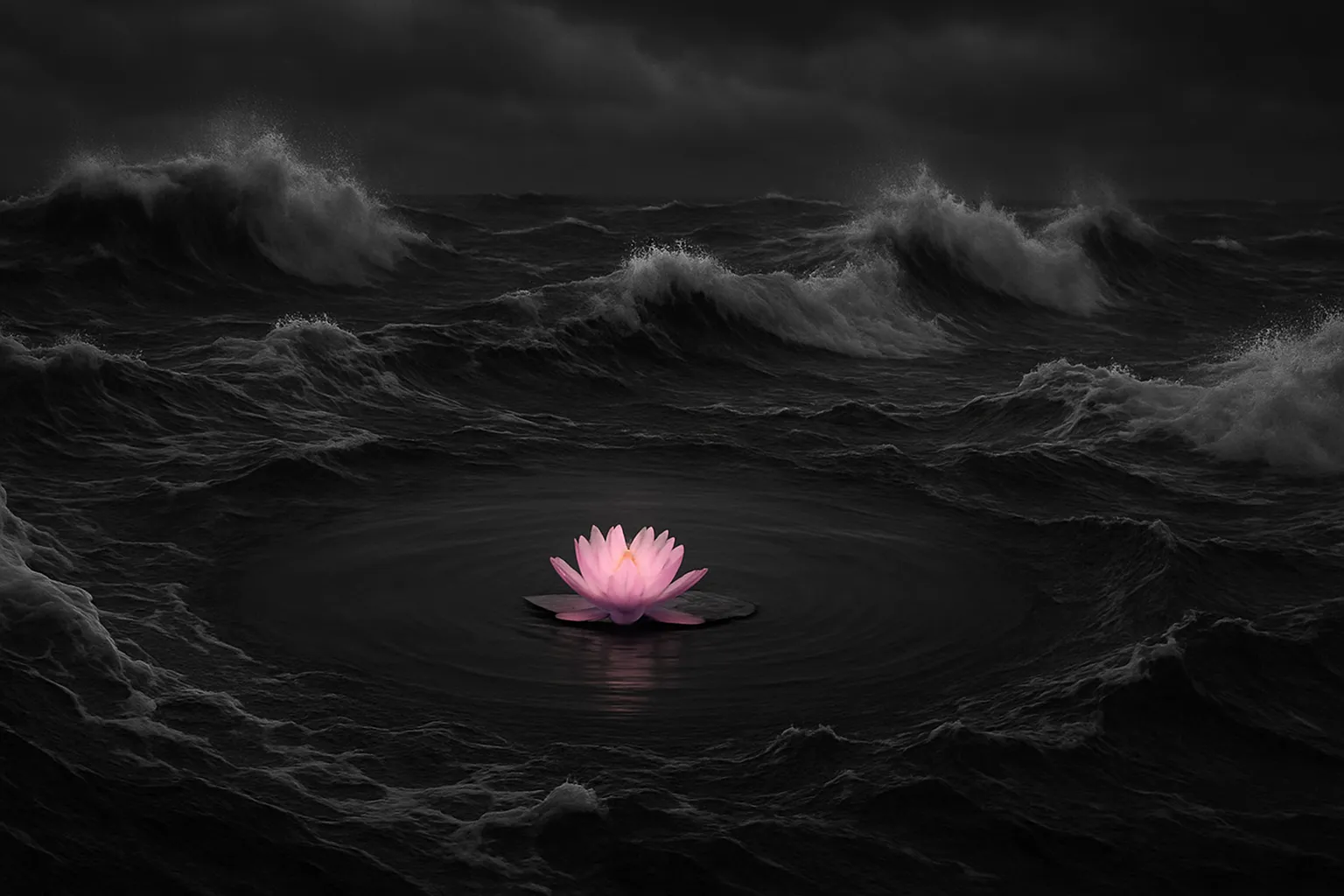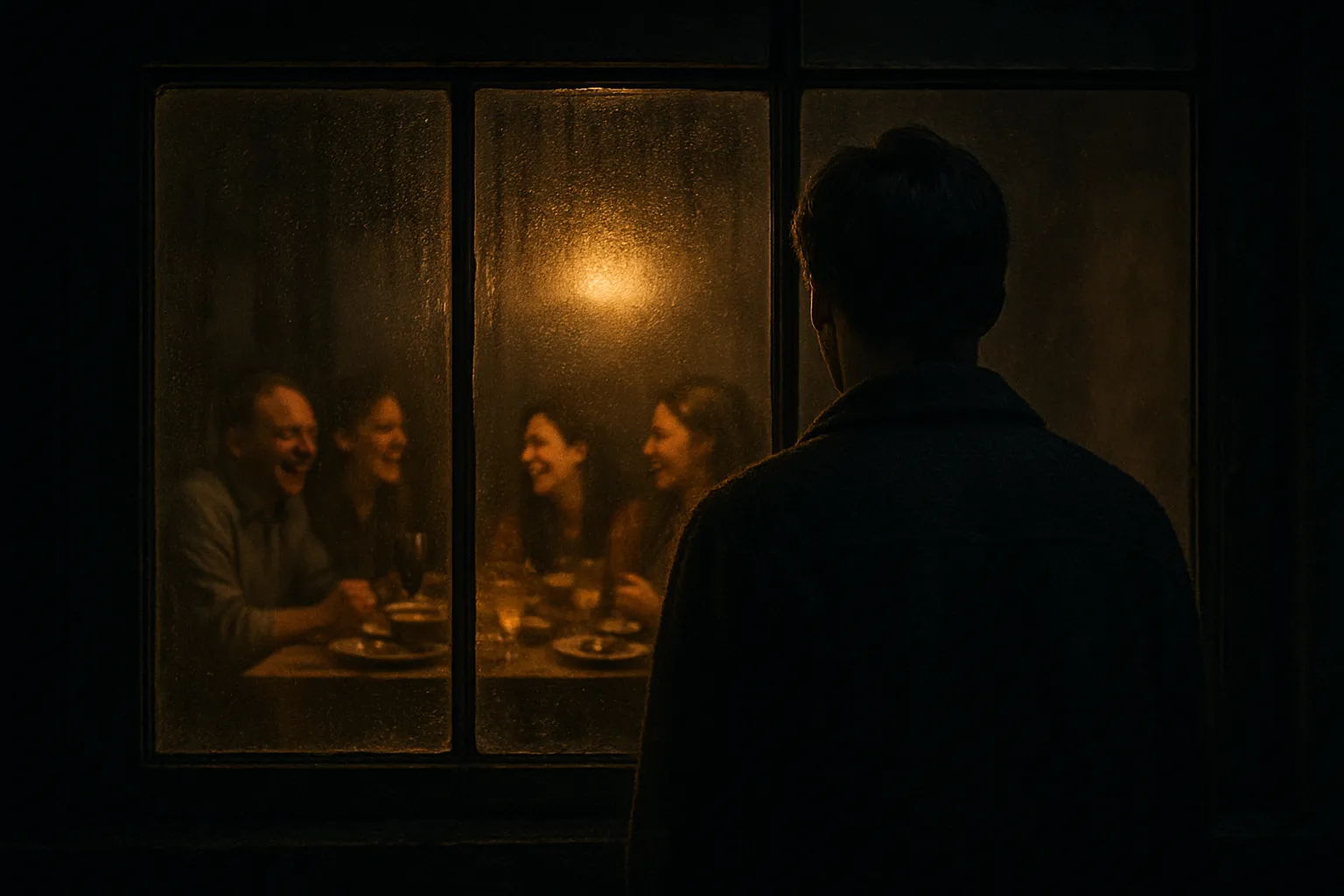Meditation and Mindfulness for Heartbreak

The Storm Inside Your Mind
After a breakup, your mind can feel like a chaotic and hostile place. It replays painful memories, obsesses over what went wrong, and spins anxious stories about a lonely future. We get caught in these thought loops, swept away by waves of grief, anger, and fear. In the midst of this internal storm, meditation and mindfulness are not about trying to stop the storm, but about finding your anchor. They are practices that teach you how to stay present and grounded, even as the tempest rages around you, allowing you to navigate your heartbreak with more peace and self-compassion.
Mindfulness and Meditation: What's the Difference?
These terms are often used interchangeably, but they have distinct meanings. Understanding them is the first step.
- Mindfulness is the quality of being present and fully aware of the current moment—your thoughts, feelings, bodily sensations, and surroundings—without judgment. It's a gentle, open-hearted awareness that you can bring to any activity.
- Meditation is the formal practice you do to train your mindfulness muscle. It's like going to the gym for your brain. By setting aside specific time to sit and practice, you strengthen your ability to be mindful throughout the rest of your day.
Your Anchor in the Storm: A Simple Breath Meditation
This is the foundational practice of mindfulness. You don't need any special equipment, just a few quiet minutes. This 3-minute exercise can be a powerful reset when you feel overwhelmed.
- Find a comfortable but upright posture, either sitting in a chair with your feet flat on the floor or on a cushion.
- Gently close your eyes or lower your gaze. Take a few deep breaths to settle in.
- Bring your attention to the physical sensation of your breath. Notice the feeling of the air as it enters your nostrils, the rise and fall of your chest or belly. Don't try to change your breath; just observe it.
- Your mind will wander. This is not a mistake; it's what minds do. When you notice your thoughts have drifted to your ex, to your to-do list, or anywhere else, gently and without judgment, acknowledge the thought and then guide your attention back to the sensation of your breath.
Each time you bring your mind back, you are performing one crucial repetition. You are training your brain to choose where it places its focus, rather than being a victim of its own chaotic thought loops.
Working with Painful Emotions: The RAIN Practice
When a sudden wave of intense grief or sadness hits, you can use the RAIN practice to meet the emotion with compassion instead of being overwhelmed by it. RAIN is an acronym:
- R - Recognize: Simply name what is happening inside you. Acknowledge it without judgment: "Sadness is here," or "I am feeling intense anger."
- A - Allow: Give the feeling permission to be there. Don't fight it, resist it, or try to fix it. Just let it be for a moment. This act of non-resistance can dramatically reduce its power.
- I - Investigate with Kindness: Gently get curious. Where do you feel this emotion most strongly in your body? Does it have a texture or a color? This is not a mental analysis but a gentle, embodied curiosity.
- N - Nurture with Self-Compassion: Offer yourself a gesture of kindness. Place a hand on your heart. Silently offer yourself some words of comfort, as you would to a dear friend: "This is so painful. It's okay to feel this way. I am here for myself."
You Are the Sky, Not the Weather
There is a beautiful metaphor used in mindfulness teachings: your awareness is like the vast, open sky. Your thoughts and feelings—the sadness, the anger, the painful memories—are like the weather. The weather is constantly changing, with storms, clouds, and sunshine passing through. But the sky itself is never harmed or changed by the weather. Mindfulness and meditation do not eliminate the storms of heartbreak. Instead, they teach you how to rest in the awareness of the sky, allowing the weather of your emotions to pass through without destroying you. They help you realize that you are not your pain; you are the vast, resilient space that holds it. And in that space, you will find your peace.


